- All posts
- 8 Media Venture
- althetics
- aMMP8
- Annimari Korte
- Antibiotic resistance
- Apotek Härtat
- Aqua Dental
- athlete
- Award
- Baltics
- Bonnier
- Bonnier News
- Brain health
- Business
- Cancer
- cardiovascular disease
- caries
- Chemo therapy
- children
- collaboration agreement
- Croatia
- Denmark
- Denta
- Dental erosion
- Dentex
- diabetes
- Dual Light
- Duodecim
- EFP
- EFR
- Estonia
- EuroPerio
- event
- Expodental
- FIBO
- fund raising
- general health
- Gingivitis
- Gum disease
- HAP
- HealthHub Pharma
- HIDES
- Hospital infections
- hospital-acquired pneumonia
- IBD
- Iceland
- IDS COLOGNE
- implantology
- invest
- investment
- italy
- Koite Health
- Latvia
- Lithuania
- lumoral
- Lumoral App
- Lumoral Junior
- Maritime industry
- Media
- MegaGen
- Movie
- News
- Nordic markets
- Nordics
- O
- Olympics
- Oral health
- Oral hygiene
- Oral mucositis
- Patent
- PDT
- peri-implantitis
- Perio Master Clinic
- Periodontitis
- periodontology
- Photodynamic therapy
- Press
- Ranking
- Romania
- Scandinavian Society of Periodontology
- Science
- Seafarer
- Seedtable
- share issue
- Shareissue
- Siblings movie
- Spain
- spots
- Stroke
- Study
- sweden
- Tartar
- techtour
- Thailand
- UK
- United States
- Valentine's Day
- WHO
- World Cancer Day
- World Health Day
- World Heart Day
- world oral health day
- World Smile Day
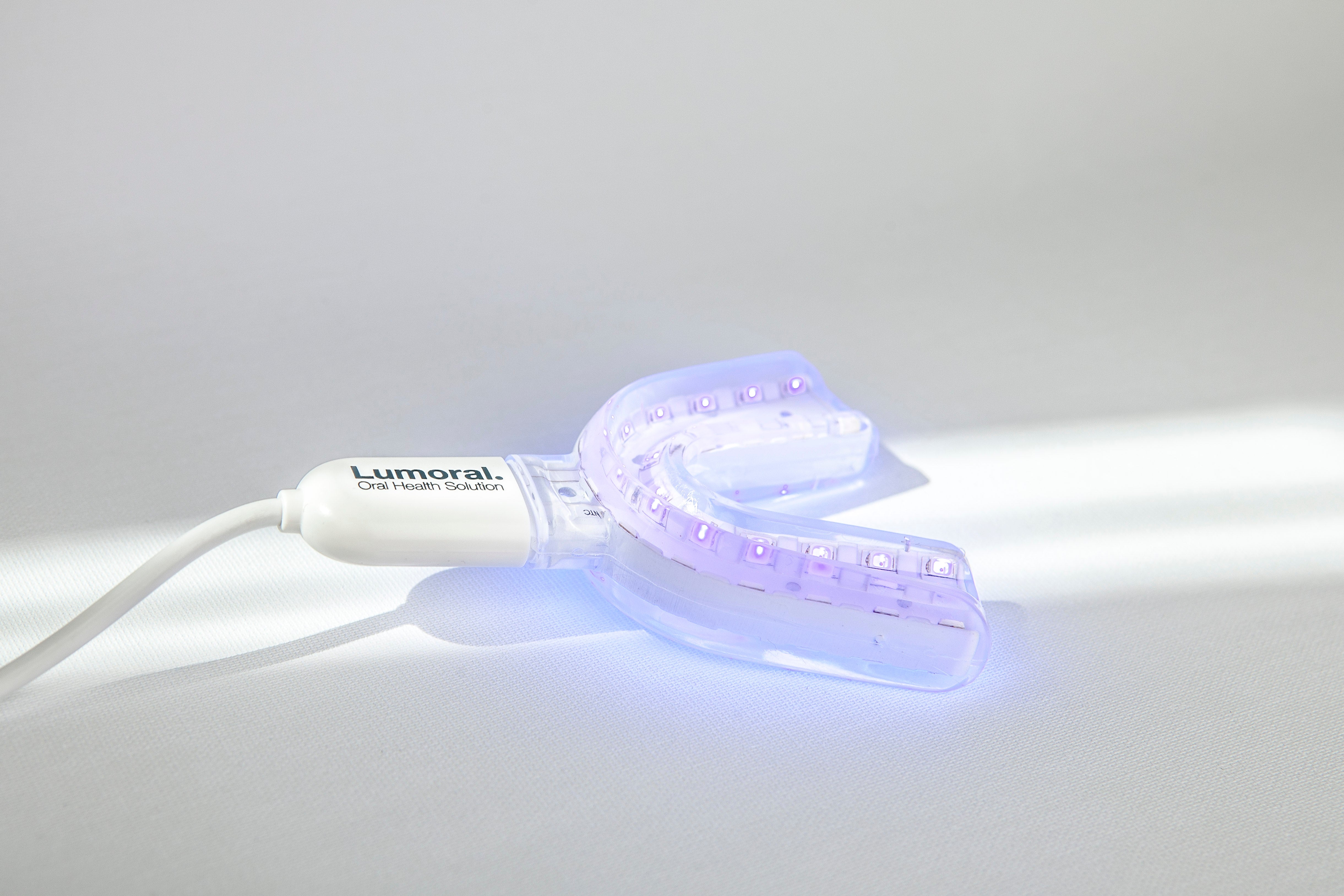
Koite Health Expands to Latvia with Lumoral® Partnership with Estonia's ProImplant
Finnish health technology company Koite Health Oy has signed a Lumoral distribution agreement with ProImplant OÜ, an Estonian company that specializes in supplying dental surgeons and implantologis...
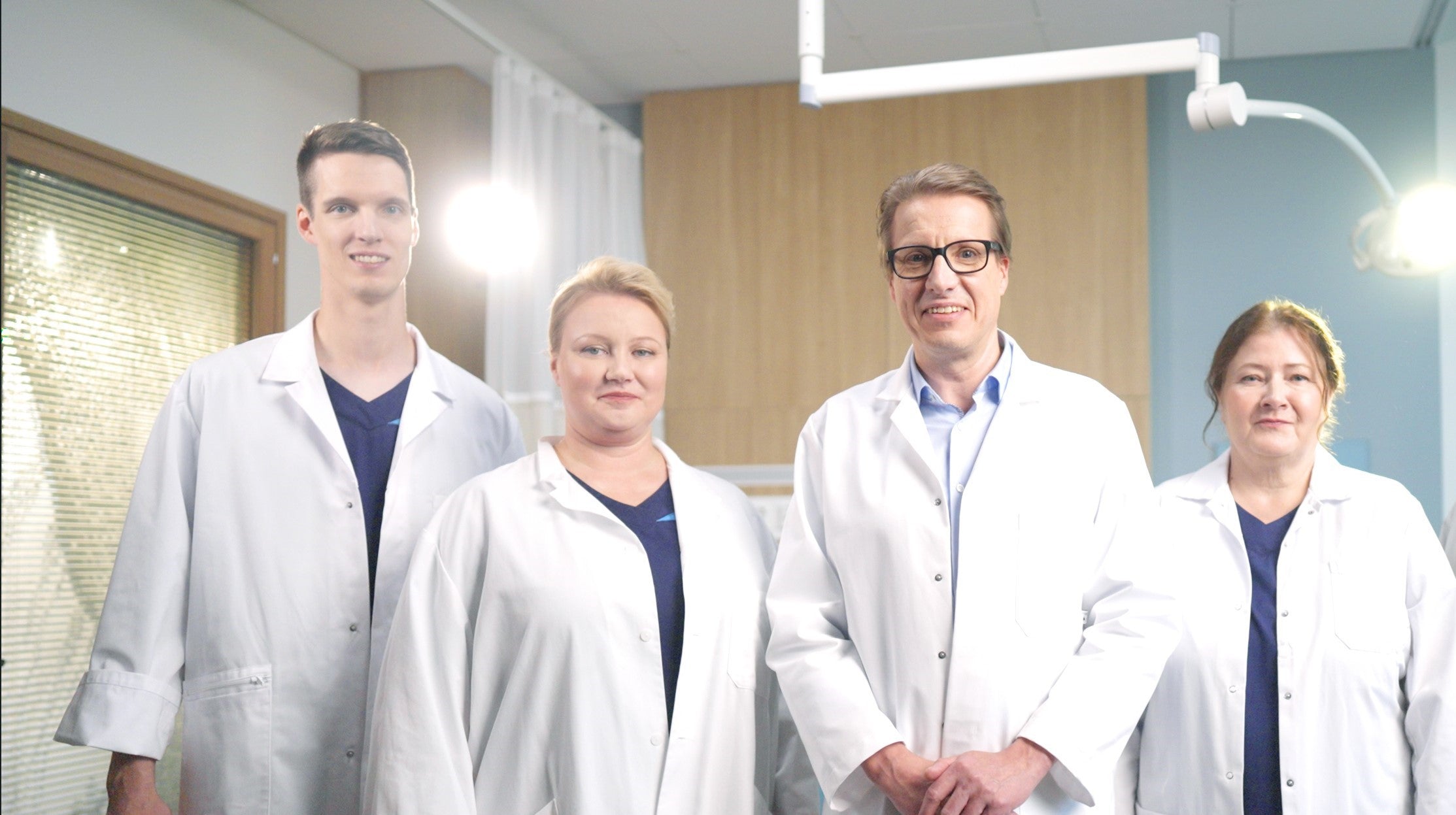
Lumoral: New Advances in the Scientific Research of Antibacterial Lumoral Treatment
The Finnish oral health innovation, Lumoral, has sparked significant interest in the academic community, with several new studies launching in recent months. Mikko Kylmänen, Research Manager at Koi...
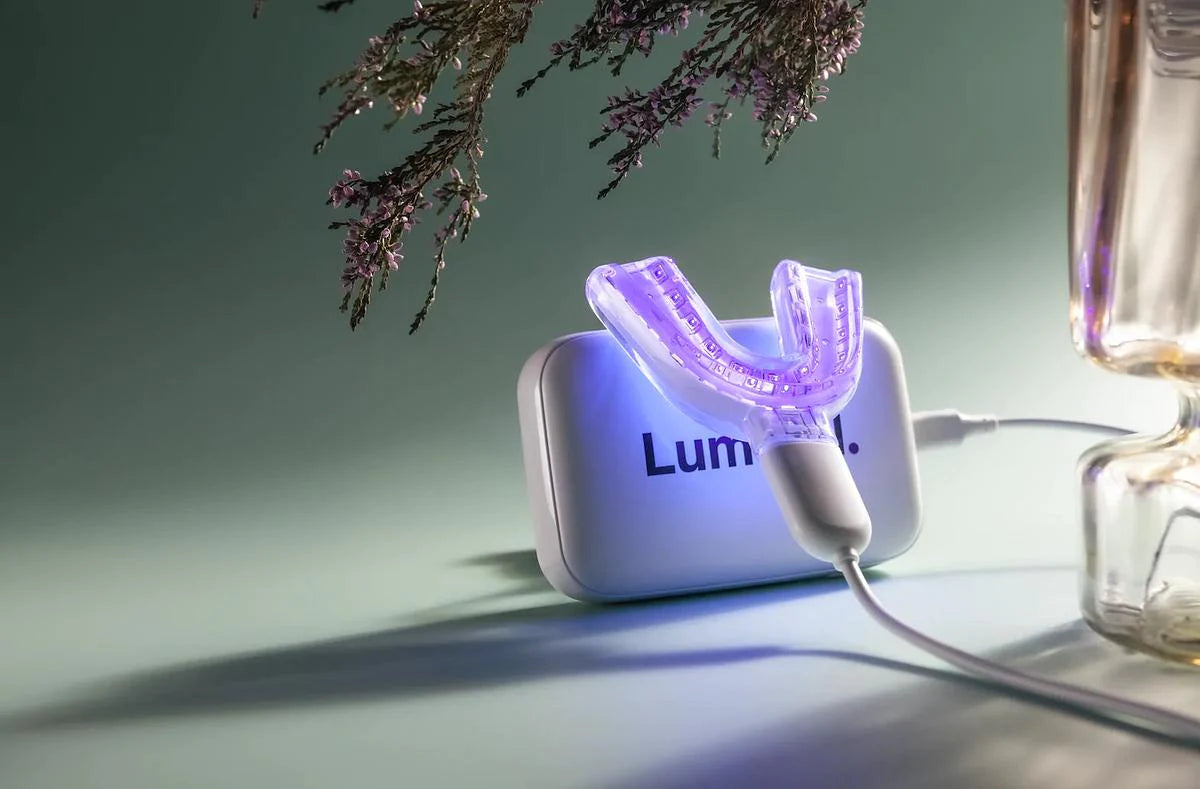
HealthHub Pharma to Distribute Lumoral in Poland's Growing Preventive Dental Market
Finnish health technology company Koite Health Oy has signed a distribution agreement with Polish company HealthHub Pharma for its Lumoral oral health enhancing method. The partnership, which comme...
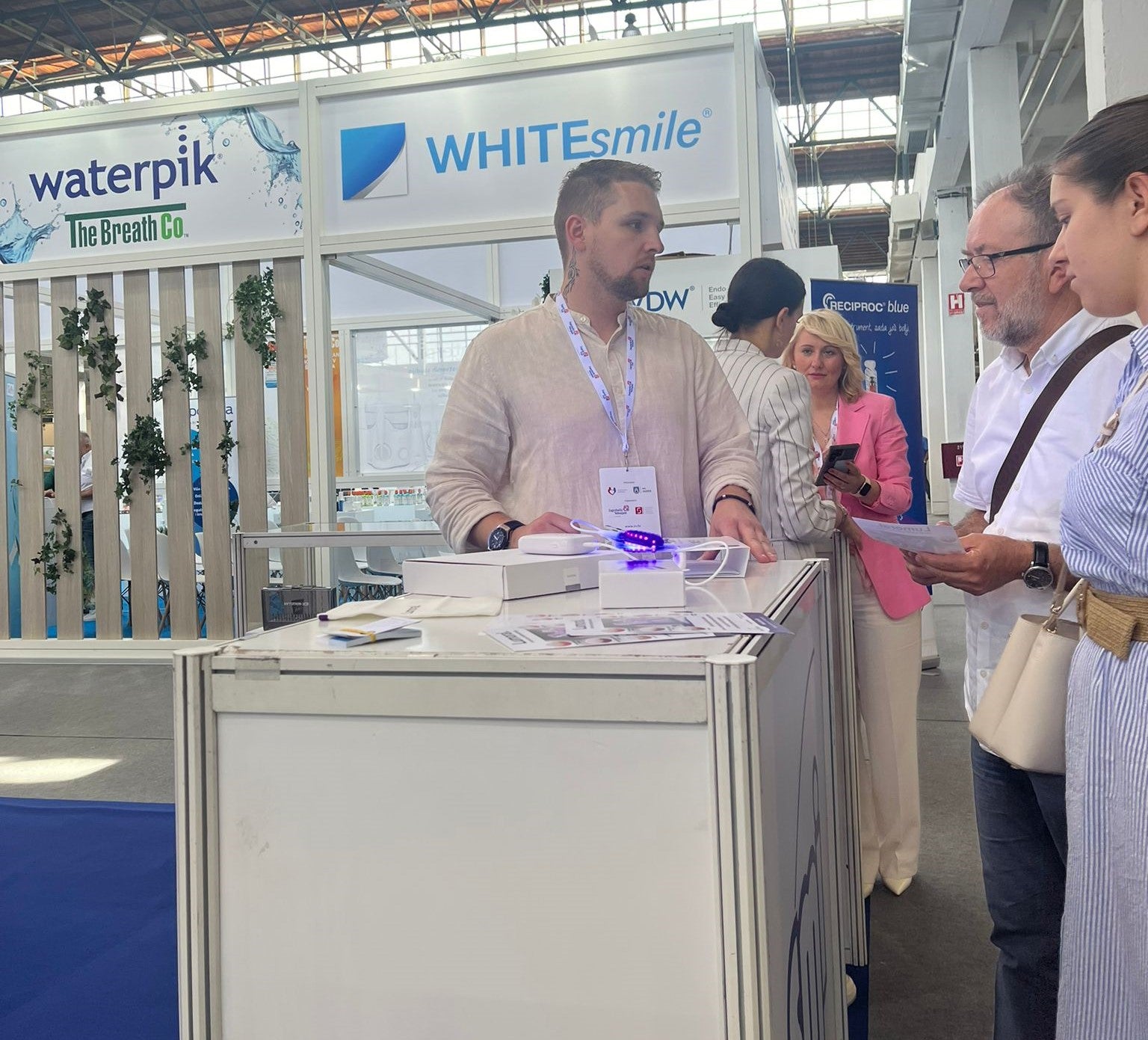
Lumoral Showcased by Med-Faktor at Dentex 2024 Fair
The International Dental Medicine Fair, commonly known as Dentex, once again brought the dental industry to the forefront from June 6-8, 2024. Organized by Zagreb Fair and the Croatian Chamber of D...

17th MegaGen International Symposium Shines the Spotlight on Antibacterial Lumoral Treatment
The 17th MegaGen International Symposium in Rome, Italy, will be held from May 30 to June 1, 2024. Organized by MegaGen, a leading dental implant company, the event gathers dental experts worldwide...
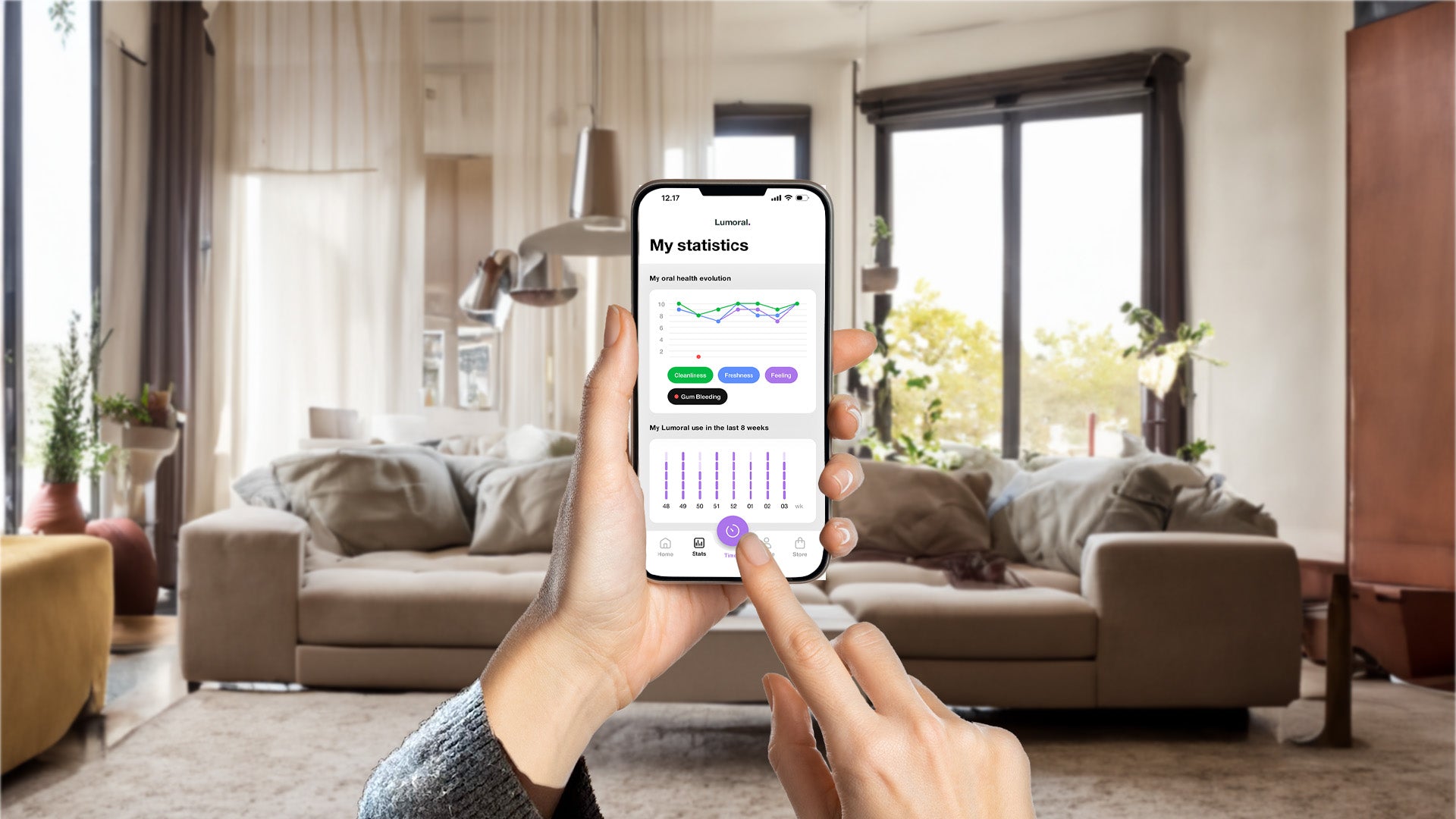
The New Lumoral Mobile Application Motivates to Elevate Oral Health to a Whole New Level
Health technology company Koite Health and technology company Reaktor have together developed a new mobile application supporting oral health, the Lumoral app. The application assists users in main...